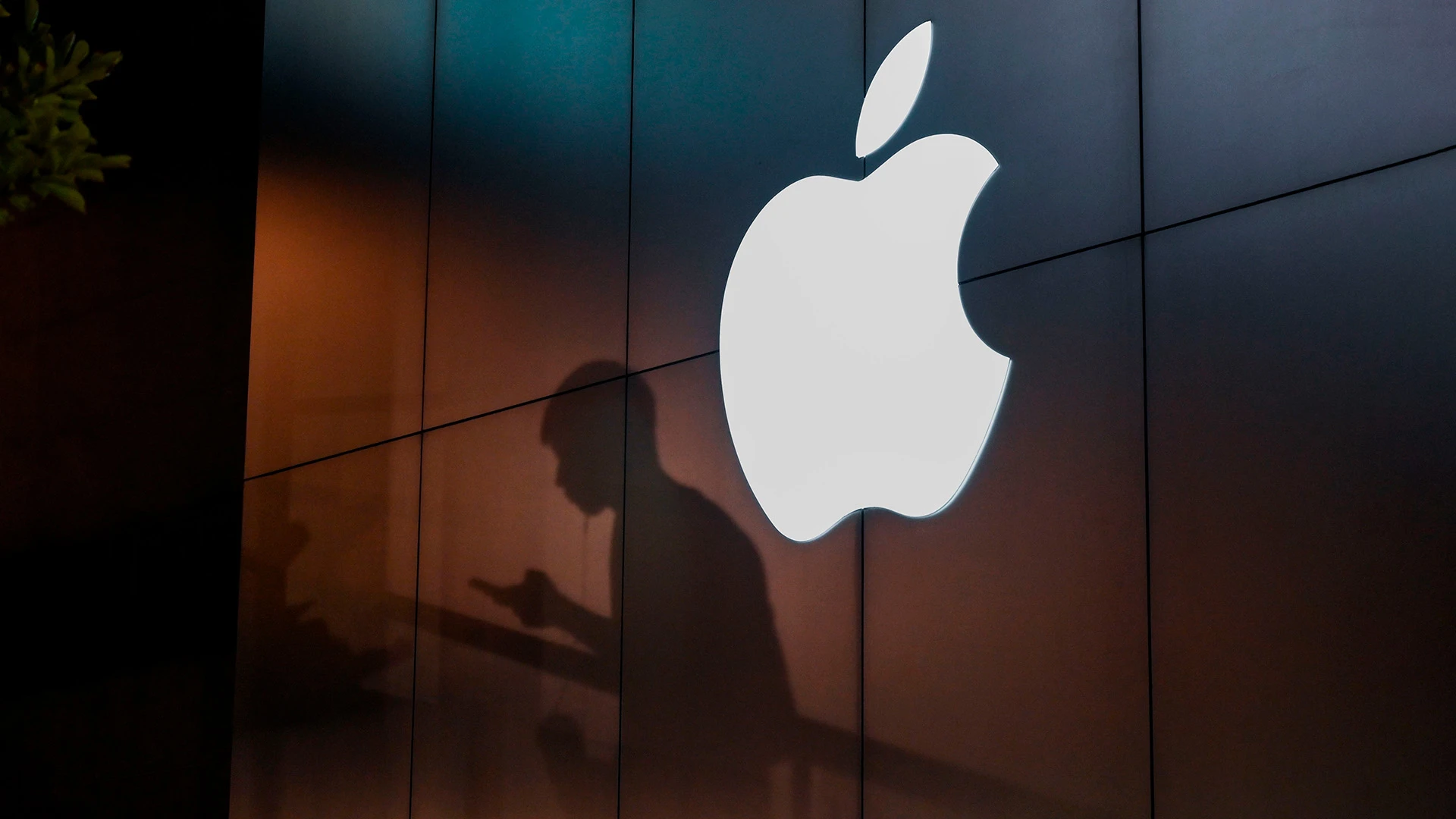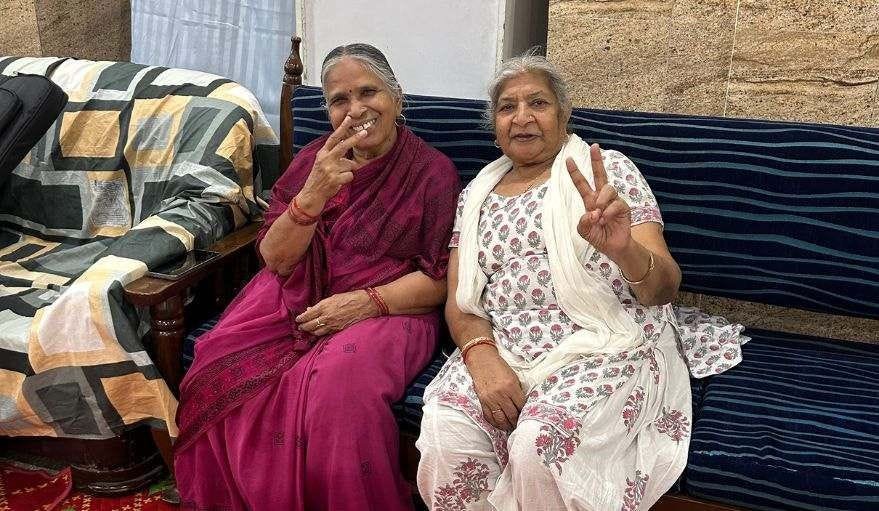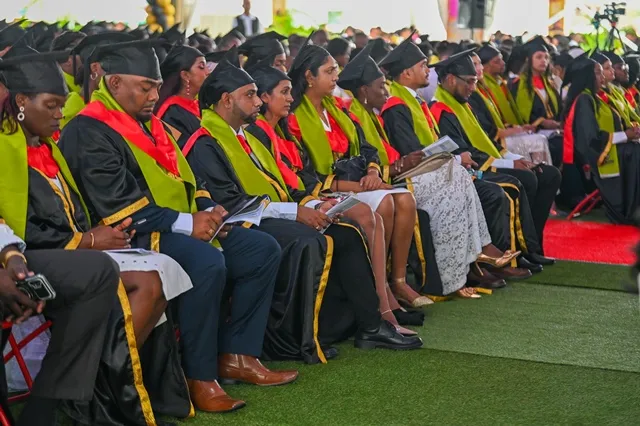A music video by local artiste “Baby Skello” has sparked national outrage and a swift rebuke from the government for its offensive depiction of the Hindu religion. The song, released on social media last week, contains explicit and derogatory references to Hindu deities, which the Guyana Hindu Dharmic Sabha called “blasphemous and deeply offensive.” The video’s imagery – including scantily clad dancers around what appears to be a temple setting – ignited a firestorm, with religious leaders across faiths condemning it as crossing all lines of decency.
Minister of Culture, Youth and Sport Charles Ramson Jr. weighed in forcefully, stating that Guyana will not tolerate vulgar attacks on any faith. “Our diversity is built on mutual respect. This video is an affront to that principle,” Ramson said at a press briefing. He indicated his Ministry is exploring whether any laws (such as those against hate speech or public obscenity) were broken by the production. However, he acknowledged that creative expression is generally protected, making outright censorship difficult. Instead, the Minister appealed to artists to exercise responsibility and good taste. He noted that the timing – just days after Arrival Day and during a period of religious observances – made the insult even more egregious.
The Guyana Hindu Dharmic Sabha (GHDS), the country’s leading Hindu organization, said it was “outraged and deeply offended” by the video. The Sabha’s President, Dr. Vindhya Persaud, herself a government minister, said the content denigrated Hindu symbols and devotees and demanded an immediate apology from the artist and removal of the video. “This is not about censorship of art – it’s about basic respect. The vulgarity masquerading as music in this case warrants public condemnation,” the GHDS statement read. Other groups, including the Inter-Religious Organization (IRO), Christian and Muslim leaders, also voiced solidarity with the Hindu community’s hurt.

Under public pressure, “Baby Skello” (real name undisclosed) issued a brief Facebook apology, claiming he “meant no disrespect” and that the song was “misinterpreted.” But many aren’t buying it – the video appears quite deliberate in its provocative religious imagery. By mid-week, YouTube had removed the video for violating community guidelines after numerous reports. Local law enforcement haven’t charged anyone, but they did confirm receiving several complaints.
This controversy has reignited a broader debate about artistic freedom versus community standards in Guyana. The country’s Constitution protects freedom of expression, but there are also laws against acts that could incite racial or religious hostility. In Parliament, government MPs and the opposition both found rare common ground in blasting the song. One opposition MP (who is Christian) said, “If they insulted my religion like that, I’d be equally offended. We must draw a line.”
For now, the offending music video has been largely scrubbed from mainstream platforms, though copies still circulate in corners of the internet. Guyanese social media has lit up with discussions about the need to educate young artists on cultural sensitivity. As Minister Ramson put it, “In a multicultural society, free expression carries the responsibility not to trample on the sacred beliefs of others.” The incident seems to have united Guyana’s diverse population in agreement on at least one thing: disrespecting each other’s religions is never okay.
- What the Eighth Stabroek Project Could Mean for East Berbice–Corentyne
- Guyana Assumes UN Security Council Presidency, Highlights Peace Agenda
- From Waste to Wealth: How Guyana’s Push for Recycling is Cleaning Up Communities
- The Fourth Estate Reimagined: Guyana’s Citizen Journalists and the New Media Landscape




